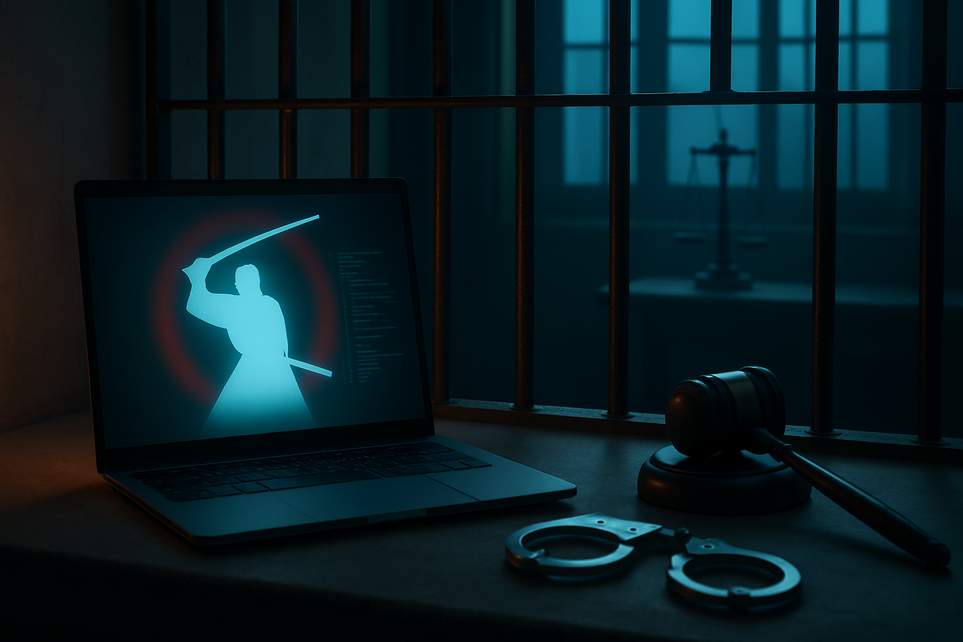Privacy on trial as Samourai Wallet cofounder lands in jail for writing code
The case and the sentence
In a headline that sounds like it came from a dystopian tech sitcom, Keonne Rodriguez — cofounder of the privacy-first Bitcoin wallet Samourai — was given the maximum sentence this week: five years behind bars and a $250,000 fine. Prosecutors say Rodriguez and his cofounder built and ran software that helped obscure transaction histories, and the developers pleaded guilty to charges including conspiracy to commit money laundering and operating an unlicensed money transmitting business.
The Department of Justice alleged that the wallet’s infrastructure handled more than $2 billion in transfers and that upwards of $100 million of that sum was linked to criminal activity such as hacking, fraud, and drug trafficking. Rodriguez was sentenced; his cofounder, William Lonergan Hill, is due for sentencing later this month. The case centers on whether creating and distributing privacy tools crosses a legal line when those tools are used by people moving illicit funds.
Why people are outraged (and the pardon buzz)
Reaction from the Bitcoin and privacy communities was loud and swift. A chorus of voices argues that locking up a software developer for building privacy features sets a worrying precedent: if writing code that preserves anonymity becomes criminal, what does that mean for open-source projects and civil liberties? Advocates worry this could chill privacy-focused innovation.
Adding fuel to the fire are recent high-profile pardons and political theater involving other crypto figures — events that make the situation look inconsistent to some observers. On one hand, prominent industry personalities have walked free or received executive clemency; on the other, an engineer who designed privacy-enhancing tools faces years in prison. Many see a glaring mismatch between how individual coders and big financial institutions are treated when trouble hits.
The debate isn’t purely legal; it’s cultural. Supporters of the developers frame the fight as one over financial autonomy and the right to build tools that protect user privacy. Opponents point to prosecutors’ allegations about facilitating criminal proceeds and say accountability is necessary when software is used to hide wrongdoing. The polarized responses make this more than a court case — it’s a flashpoint in the broader clash between privacy tech and law enforcement priorities.
Where this goes from here is anyone’s guess. Calls for pardons and public campaigns may grow louder, and the tech and legal communities will be watching how courts and policymakers handle similar projects in the future. For now, the sentence delivers a stark reminder: building software that helps people mask financial activity can carry serious legal risk, and the conversation about privacy, open-source development, and accountability is far from settled.
Whatever your take, this case has made one thing clear: the line between code and crime is getting blurrier, and the outcome will shape how privacy-minded tools are built, used, and judged for years to come.

